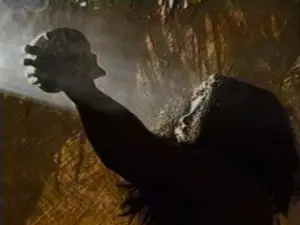
Animism
Ancient religious philosophy. Animism is the belief that everything in nature – living and non-living – contains a spirit or soul. In ancient CHamoru society,

Ancient religious philosophy. Animism is the belief that everything in nature – living and non-living – contains a spirit or soul. In ancient CHamoru society,

Source of life. Ancient Chamorros/Chamorus believed that women held the power of life and controlled the environment.
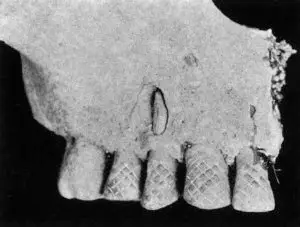
Of the different regional groups of the Pacific, the physical anthropology of the peoples of Micronesia is probably the least studied. While archeologists have collected
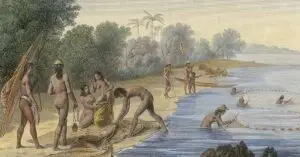
Early accounts of traditional Chamorro/CHamoru society describe at least two distinct social castes—the chamorri, or upper caste, and the manachang, or lower caste. The chamorri
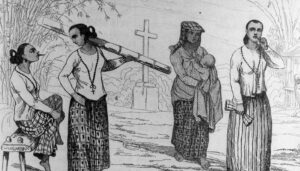
CHamoru women have a legacy of leadership that helped keep the culture and history of their people alive. The earliest accounts of ancient CHamoru society
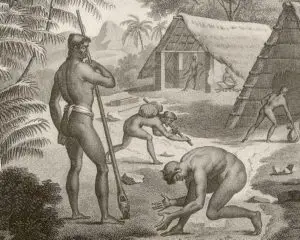
The social ranking of individuals, whether by age, gender or social status, has always been important in Chamorro society. In pre-Spanish times, social status dictated
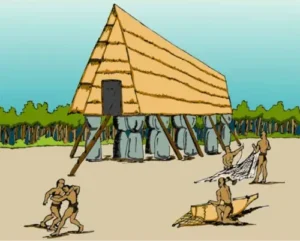
Fino’ gualåfon was a style of language developed and used by young bachelors in ancient CHamoru society. The term fino’ gualåfon translates as follows: “fino’”

The Chamorro/CHamoru word mo’na points to the idea that the CHamoru cosmology, in particular during the ancient period of Marianas history, was a circular one
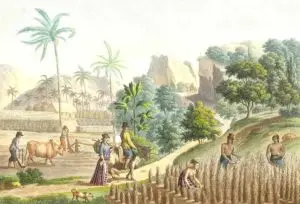
Ancient Chamorro/CHamoru people formed a matrilineal society and so inheritance and descent was through the mother’s family. Land was communal property that the clan used

Ancient Chamorros were a matrilineal society, where family connections were traced through the mother’s clan. Land ownership was through women, and was distributed through these